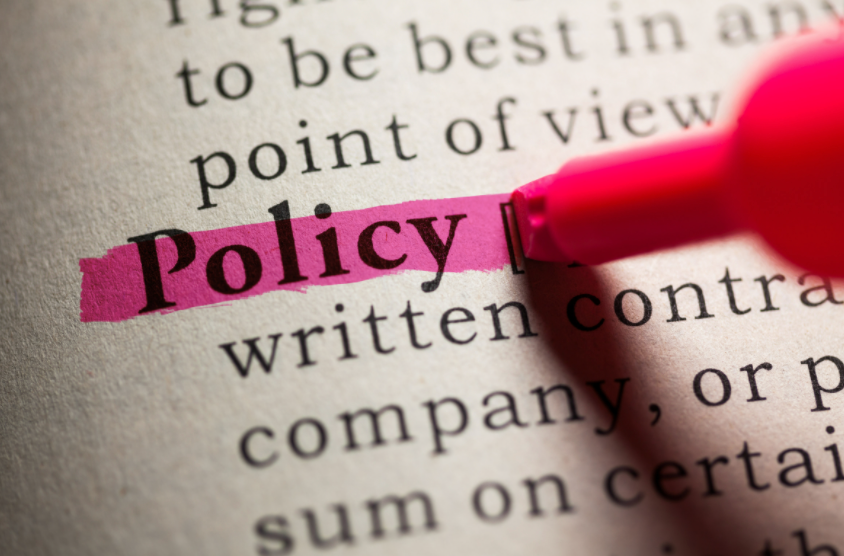How To Write A Sustainability Policy
A sustainability policy describes your organization’s commitment to sustainable development and the approach to achieving these goals. Having a policy in place ensures that sustainability is at the core of your business. The process of writing a sustainable policy has multiple benefits: it’s an opportunity to consider your organization’s sustainability goals, while simultaneously creating strategy policies to achieve them.
Having a sustainability policy can have positive financial impacts. It may help streamline business processes, which may create less waste and reduce energy use. A sustainability policy can also increase your standing with stakeholders, and improve your brand recognition, giving your organization a competitive advantage.
Your sustainability policy should be published or available for employees, stakeholders, new staff, suppliers and contractors. You can highlight your sustainability policy on your website, and in your own media releases (and the media releases for your events).
There isn’t a right way or a wrong way to write a sustainability policy. Simply put: A sustainability policy outlines your commitment to practices and standards designed to promote environmentally and socially responsible operations. It can serve as an overarching organizational guide, and/or be specific to individual events. For example, the policy may include turning off power strips in the office on nights and weekends, and it can also include asking suppliers and sponsors to use minimal packaging at events.
It’s important to take your type of business into account, and make reductions to your greatest areas of impact. For example, if you are a waste hauling company, focus on how you can start to use green fuels and energy efficient vehicles to cut down on emissions. This takes precedence over using less paper in the office, although both activities can be part of your policy. Make sure your policy focuses on what you have influence or control over.
The policy should be simple and easy to understand. Start with a mission statement detailing your organization's commitment to sustainability.
Here are other elements you can include:
A statement of purpose and values for the organization that relate to sustainability outcomes, and a commitment to continual improvement
Identify the person in your organization that that will ensure compliance with the policy
Determine who your policy applies to (staff, vendors, temporary staff, etc)
How you will educate and train your staff, vendors and stakeholders about your policy
Targets and KPIs (include realistic timeframes and practical steps and strategies as to how you will achieve them)
A list of commitments (ex: Ensure our supply chain adheres to responsible social and environmental practices or Increase composting amounts each year and Reduce product miles by sourcing locally where possible and Buy products made from renewable, recycled and/or non-toxic materials.)
A list of requirements (ex: Only work with businesses that have a sustainability policy)
How you will monitor and review your policy (ex: A senior staff member will review and update the sustainability goals annually and )
Compliance with local laws, and any new or updated legal constraints that may affect compliance.
Try to make your sustainability policy reasonable and achievable to ensure that you are able to reach your goals, and build on your successes in a positive way.
There are many documents online that offer guidance and examples of a sustainability policy.
Download a free sustainability policy workbook (and example policy) here created by the Sustainable Wedding Alliance.
The Special Event Company posted their sustainability policy online here.
Festival Republic has their sustainability policy online here.
MeetGreen has a terrific free sustainable policy template you can download here.



